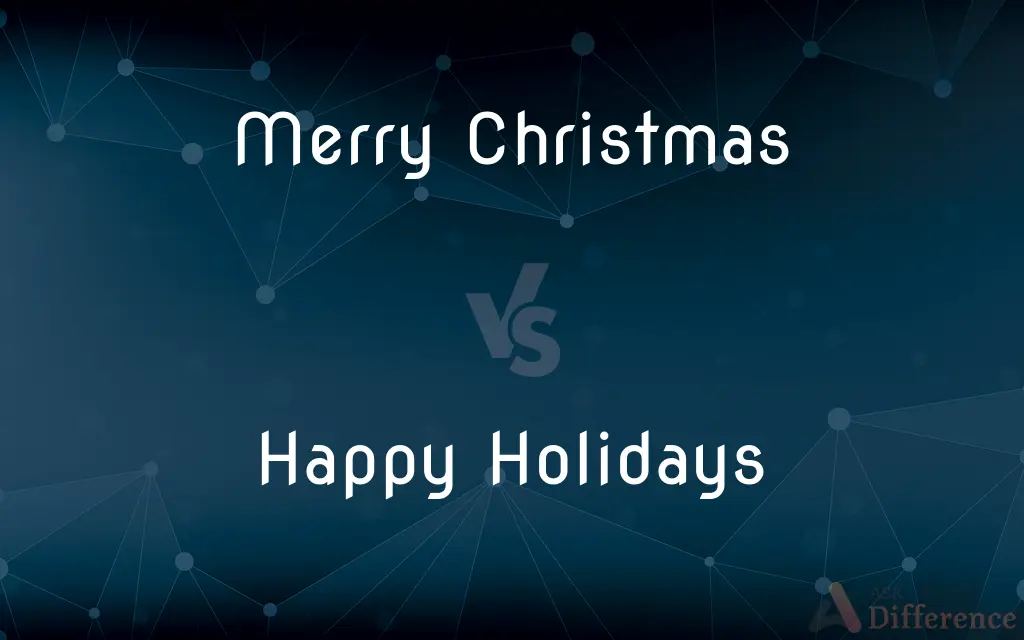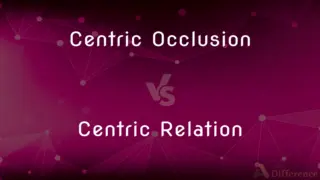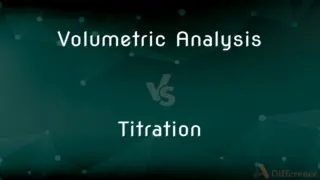Merry Christmas vs. Happy Holidays — What's the Difference?
Edited by Tayyaba Rehman — By Fiza Rafique — Published on November 21, 2023
"Merry Christmas" specifically wishes joy for the Christian holiday, Christmas. "Happy Holidays" is a broader greeting, encompassing multiple holidays during the festive season.

Difference Between Merry Christmas and Happy Holidays
Table of Contents
ADVERTISEMENT
Key Differences
The phrase "Merry Christmas" is a traditional greeting used to celebrate the Christian holiday that marks the birth of Jesus Christ. This greeting is specific to Christmas Day or the surrounding Christmas season. On the other hand, "Happy Holidays" is a more general term, meant to include all celebrations that take place in the latter part of the year, such as Thanksgiving, Hanukkah, Christmas, Kwanzaa, and New Year's.
For many, "Merry Christmas" represents a deeply religious sentiment, reflecting the significance of the birth of Christ. "Happy Holidays" is often seen as a more inclusive greeting, ensuring that all festivities are acknowledged, regardless of religious or cultural background.
Both "Merry Christmas" and "Happy Holidays" carry a sense of joy and warmth, but their usage depends on context and the audience. While "Merry Christmas" is commonly used among those who observe the Christian holiday, "Happy Holidays" is widely accepted in diverse settings, especially in places with a mix of traditions and beliefs.
Comparison Chart
Specificity
Refers specifically to Christmas.
Encompasses multiple holidays.
Origin
Derived from Christian tradition.
More secular, inclusive origin.
ADVERTISEMENT
Duration
Typically used around December 25th.
Can be used throughout the holiday season.
Religious Affiliation
Christian holiday greeting.
Neutral, non-specific to any religion.
Usage Context
Common among those who celebrate Christmas.
Broad usage in diverse settings.
Compare with Definitions
Merry Christmas
An expression conveying joy for the Christian holiday.
We sang We Wish You a Merry Christmas at the school concert.
Happy Holidays
A non-specific festive phrase for the holiday season.
The store had a banner saying Happy Holidays to welcome shoppers.
Merry Christmas
A wish for happiness on the day marking Jesus Christ's birth.
Our neighbors brought over cookies and wished us a Merry Christmas.
Happy Holidays
An inclusive term for winter celebrations.
The company email signed off with a warm Happy Holidays.
Merry Christmas
A festive greeting used during the Christmas season.
I wish you a Merry Christmas filled with love and joy.
Happy Holidays
A greeting that encompasses multiple end-of-year celebrations.
As winter approached, the teacher wished the class Happy Holidays.
Merry Christmas
A celebratory phrase for December 25th.
The city center was lit up with signs reading Merry Christmas.
Happy Holidays
A neutral wish acknowledging various traditions and festivities.
Knowing they celebrated Hanukkah, she wished them Happy Holidays.
Merry Christmas
A traditional Christmas greeting.
Cards with Merry Christmas were sent to all our relatives.
Happy Holidays
A broad greeting used from Thanksgiving through New Year's.
They sent Happy Holidays cards to cater to all their friends' celebrations.
Common Curiosities
Can "Merry Christmas" be used for other holidays?
"Merry Christmas" is specific to Christmas, so it's not used for other holidays.
Is "Happy Holidays" specific to one holiday?
No, "Happy Holidays" is a general greeting that can refer to multiple holidays in the festive season.
Is "Merry Christmas" religious?
Yes, "Merry Christmas" originates from Christian tradition, marking Jesus Christ's birth.
What does "Merry Christmas" specifically celebrate?
"Merry Christmas" celebrates the Christian holiday marking the birth of Jesus Christ.
How old is the greeting "Merry Christmas"?
"Merry Christmas" has been a traditional greeting for centuries.
Which greeting is more secular?
"Happy Holidays" is more secular and inclusive of various traditions.
Why do some people prefer "Happy Holidays"?
Some prefer "Happy Holidays" as it's more inclusive and acknowledges various celebrations.
Can "Happy Holidays" be used in November?
Yes, "Happy Holidays" can be used from Thanksgiving through New Year's.
What holidays does "Happy Holidays" cover?
"Happy Holidays" can refer to Thanksgiving, Hanukkah, Christmas, Kwanzaa, New Year's, and more.
Do businesses use "Happy Holidays" to be more inclusive?
Yes, many businesses use "Happy Holidays" to cater to a diverse clientele.
Is "Merry Christmas" used globally?
"Merry Christmas" is used in many countries, especially where Christmas is celebrated.
Can "Merry Christmas" be seen on public displays?
Yes, "Merry Christmas" is commonly seen on decorations, cards, and public displays.
Are both greetings meant to convey joy?
Yes, both "Merry Christmas" and "Happy Holidays" are meant to convey festive joy and warmth.
Which greeting is suitable for an unknown audience?
"Happy Holidays" is a safer choice for an unknown or diverse audience.
Is "Happy Holidays" a modern term?
While "Happy Holidays" has been around for some time, its usage has become more prevalent in recent decades.
Share Your Discovery

Previous Comparison
Centric Occlusion vs. Centric Relation
Next Comparison
Volumetric Analysis vs. TitrationAuthor Spotlight
Written by
Fiza RafiqueFiza Rafique is a skilled content writer at AskDifference.com, where she meticulously refines and enhances written pieces. Drawing from her vast editorial expertise, Fiza ensures clarity, accuracy, and precision in every article. Passionate about language, she continually seeks to elevate the quality of content for readers worldwide.
Edited by
Tayyaba RehmanTayyaba Rehman is a distinguished writer, currently serving as a primary contributor to askdifference.com. As a researcher in semantics and etymology, Tayyaba's passion for the complexity of languages and their distinctions has found a perfect home on the platform. Tayyaba delves into the intricacies of language, distinguishing between commonly confused words and phrases, thereby providing clarity for readers worldwide.













































